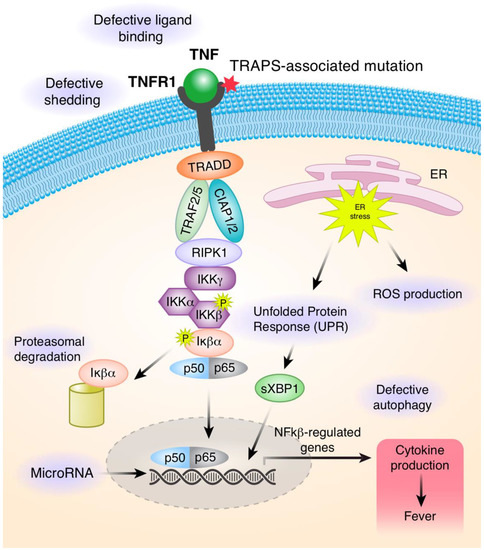Emerging miRNA Biomarkers for Metastatic Colorectal Cancer Detection

Colorectal cancer (CRC) ranks among the leading causes of cancer-related mortality globally, with metastatic colorectal cancer (mCRC) presenting significant challenges in early detection and prognosis monitoring. Recent research conducted by Dr. Berkcan Doğan and Dr. Dilek Pirim at Bursa Uludağ University focuses on the potential of circulating microRNA (miRNA) profiles as biomarkers for detecting circulating tumor cells (CTCs) in mCRC patients. This study, published in the Journal of Clinical Laboratory Analysis on July 24, 2025, offers promising insights into non-invasive diagnostic methods for cancer management.
According to the World Health Organization (WHO), CRC is responsible for approximately 1.9 million new cases and 935,000 deaths annually worldwide (WHO, 2021). The process of metastasis, wherein tumor cells disseminate from the primary site through the bloodstream, is crucial for understanding cancer progression. CTCs, which are shed into the bloodstream, can indicate the presence of metastasis; however, their detection remains technically challenging due to their rarity and biological heterogeneity.
In their study, the researchers analyzed blood samples from 48 mCRC patients and healthy individuals to distinguish CTC-positive (CTC(+)) from CTC-negative (CTC(-)) patients. The CTC status was determined using the AdnaTest ColonCancer, which isolates CTCs based on specific colon markers. The study identified 11 miRNAs that were differentially expressed between the two groups, with three miRNAs—miR-199a-5p, miR-326, and miR-500b-5p—showing significant downregulation in CTC(+) patients.
Dr. Berkcan Doğan, a postdoctoral researcher in the Department of Medical Genetics at Bursa Uludağ University, emphasized the significance of these findings. "Our study indicates that specific miRNA signatures can serve as non-invasive biomarkers for mCRC, enhancing the potential for liquid biopsy applications and improving patient stratification for treatment," he stated.
The study's methodology involved high-throughput miRNA profiling, followed by quantitative polymerase chain reaction (qPCR) validation and comprehensive bioinformatics analyses. The results revealed that miR-199a-5p, miR-326, and miR-500b-5p exhibited high diagnostic accuracy, with an area under the curve (AUC) greater than 0.7 in receiver operating characteristic (ROC) analysis. These miRNAs are known tumor suppressors and are engaged in critical cancer-related pathways, including those linked to genes such as GPD2, AKT3, and PLAG1, which are associated with CRC pathogenesis.
While the study presents promising results, it also acknowledges several limitations. The sample size was relatively small, and additional validation in larger cohorts is necessary to confirm the diagnostic and prognostic capabilities of the identified miRNAs. Furthermore, the study did not include patients with non-metastatic CRC, which restricts the applicability of its findings across the full spectrum of the disease. Dr. Dilek Pirim, an associate professor at Bursa Uludağ University, highlighted, "Further studies are essential to explore the clinical utility of these miRNAs and their potential roles in therapeutic strategies aimed at inhibiting CRC metastasis."
In conclusion, the identification of circulating miRNAs as biomarkers for CTC status in mCRC patients marks a significant advancement in cancer diagnostics. As research continues, these non-invasive biomarkers could reshape how clinicians monitor disease progression and tailor treatment plans for individuals suffering from metastatic colorectal cancer. Future studies should aim to validate these findings across diverse patient populations and integrate miRNA profiling with existing diagnostic frameworks to enhance early detection capabilities and improve patient outcomes.
Advertisement
Tags
Advertisement





